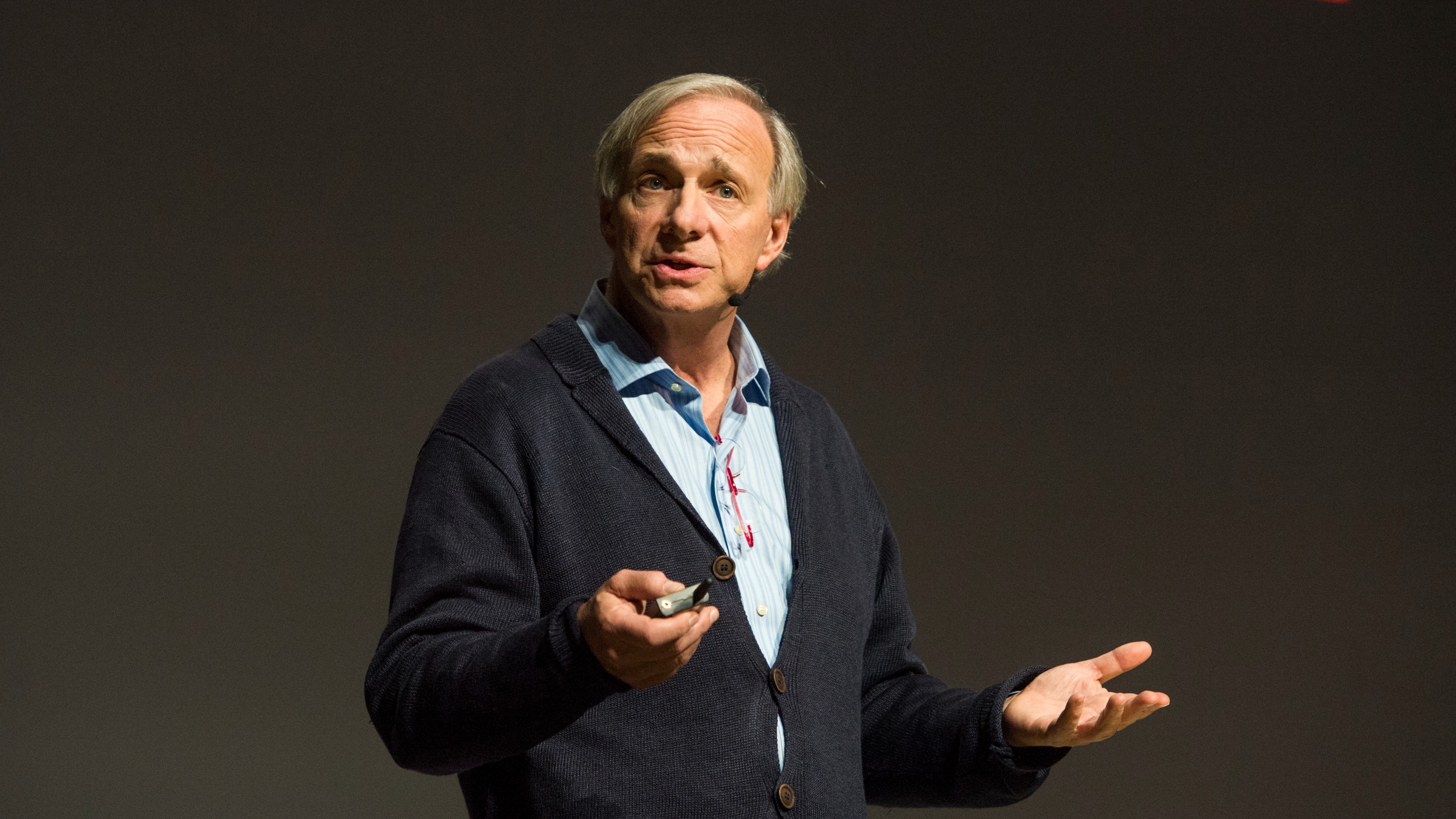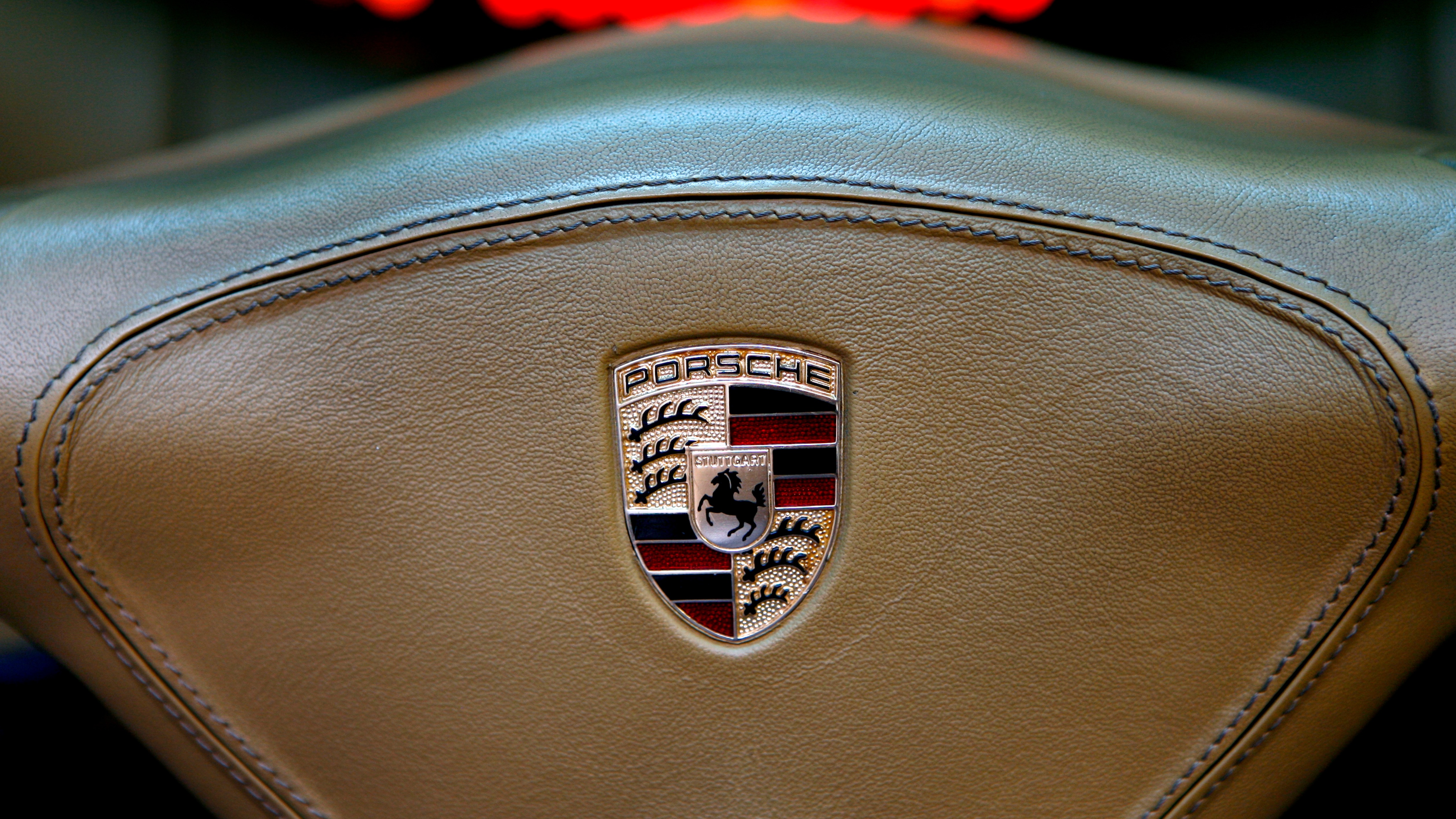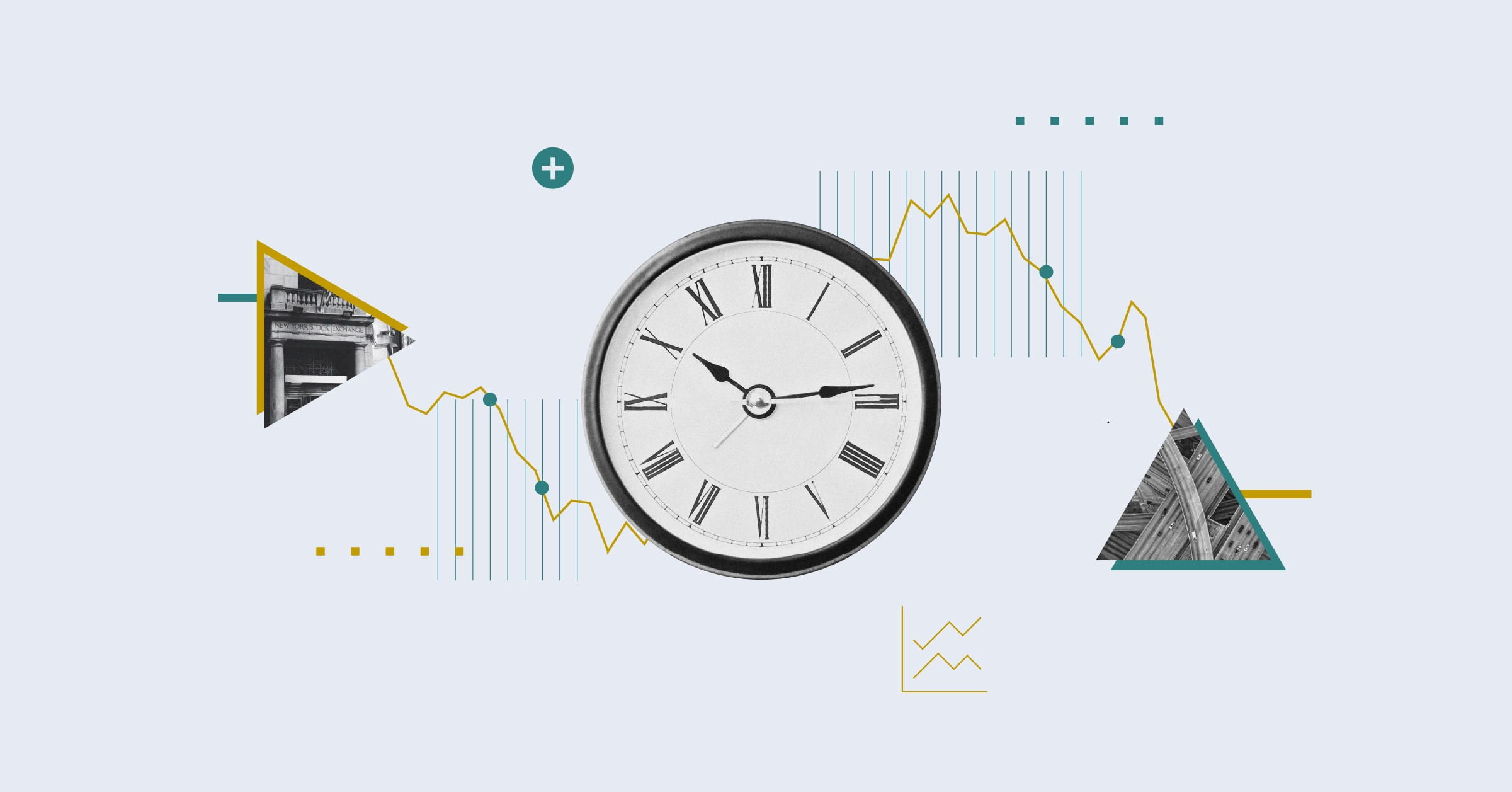
This is a tale with disparate threads, but a single moral: bad things happen when funds that are priced daily, and that offer daily liquidity to shareholders, hold securities that are neither priced frequently nor can be readily traded.
One prominent example was Third Avenue Focused Credit, about which I wrote this February. The fund bought so many illiquid issues that when it faced substantial redemptions in December 2015, it could not meet those requests by selling securities. It was forced to "gate", that is, to refuse redemption orders, while gradually liquidating its portfolio. The process required two-and-a-half years.
Recently, there have been three additional cases.
Downsizing, Accidentally
In Europe, a well-known equity fund, run by a former superstar manager, faces the vicious circle of investor discontent, redemption requests, and disappearing liquidity. From the beginning, Woodford Equity Income dabbled rather heavily in startup businesses. As performance waned, and investors exited, Woodford did what portfolio managers do under such circumstances: sell what can readily be traded and retain what cannot.
Which meant that, rather like the contents of a cereal box, the large pieces poured out, and the crumbs remained. By this spring, only three of the fund's 105 holdings were FTSE 100 companies, and only 26 paid dividends (not what one would expect from an equity-income fund). Thirty-six were privately placed securities that are not publicly traded--if they can be dealt at all.
To my surprise, the fund gated on June 3. I would not have expected such an action. Extreme liquidity problems tend to occur with fixed-income funds. The fund is a mess. Because of the large-cap draining effects of the vicious circle, it is an aggressive, emerging-growth fund cloaked in a sheep's name. This is not what its buyers ordered. Yet they cannot escape, until further notice.
A Cosy Relationship
Also receiving attention have been the doings at H20 Asset Management, a giant European bond manager. Outstanding investigative work by FT Alphaville, revealed that H20's publicly traded funds owned north of $1.5 billion worth of privately placed bonds that were issued by the, er, flamboyant German financier Lars Windhorst.
FT Alphaville's article raised various concerns about how those bonds have been priced, which is unsurprising. Just as banks tend to carry their loans at book value, waiting until the last reasonable moment (or perhaps beyond) until marking them down for bad news, so do investment managers. That Windhorst has failed to repay several previous debt offerings is cause for further concern.
Worst of all, though, was this admission from H20, in an official filing: "Lars Windhorst has over the past four years referred valuable investment opportunities to us." Well now. Windhorst brought H20 useful business contacts, so in exchange it invested money from its funds' shareholders into his ventures. How cosy.
In response to FT Alphaville's coverage, H20 immediately sold most of its private securities, and, yes, marked down the price of that which it retained. It also suffered heavy redemptions in its funds, but it has not gated them.
Vanishing Point
The final instance is American, from this month. Two small funds, Chou Opportunity and Chou Income, found themselves, courtesy of the vicious circle, owning increasingly large amounts of an untradable position--loans to a company called Exco, which is in bankruptcy proceedings. Funds do not usually survive such situations.
Nor will the two Chou funds. On June 5, the organisation filed the funds' liquidation plans, with the termination date scheduled for July 31. The funds now consist solely of cash and the Exco loans, which will eventually be converted into newly issued common stock of Exco.
Even if the liquidation occurs smoothly, Chou Income is down 5% for the year and Opportunity 15%, while their average competitors have gained more than 10%. The funds' shareholders face more than merely the aggravation of a forced liquidation; they are real money, as well as paying an opportunity cost.
Lessons
My examples are global because the issues are global. No matter where funds are registered and sold, they can succumb to the vicious circle if they hold illiquid securities, that is, 1) privately placed equities and 2) bonds, usually of a lower credit quality, that are infrequently traded. No jurisdiction has been able to solve the problem of offering ongoing liquidity while holding investments that cannot quickly be sold at 100 cents on the dollar (or pence on the pound).
(This article from Morningstar's Jocelyn Jovene, of the Paris office, is a good companion piece, as it offers a European perspective and raises some issues this column does not address.)
Worst, H20's follies indicate a problem that has rarely surfaced in the United States: conflict of interest. Fund managers face few temptations when buying publicly traded securities. Their trades do companies no favors, aside from the general and modest benefit of adding a drop to the demand bucket. And companies are rarely in position to return any favors back to the investment managers.
Private transactions, though, lend themselves to quid-pro-quo arrangements. Not everything that is said in the room where it happens may later appear on the public term sheet. Particularly with funds, as those deals are made exclusively with other peoples' money. If a fund's private investment goes bad, neither the buyer nor seller pay the price. The costs instead are borne by the shareholders.
There are many pressures, political and otherwise, to permit funds to invest more heavily in private and/or illiquid securities.
Morningstar Analyst Ratings
Being major funds, both Woodford Equity Income and H20 Allegro received Morningstar Analyst Ratings.
Woodford Equity Income was initially rated Silver (that is, second on the one-to-five scale), downgraded to Bronze in May 2018, and downgraded again to Neutral in May 2019. Finally, it was downgraded to Negative later that month. H20 Allegro was rated Bronze until last week, at which time its rating was Under Review, then set at Neutral.
Although Morningstar's discussion of those funds covered their salient features, including Woodford Equity Income's peculiar fondness for smaller companies that did not pay dividends, and H20 Allegro's unusual complexity, it did give Positive ratings to each fund until recently. It is fair to say that the downgrades came late, and that the Morningstar Analyst Ratings team (of which I am not a part) will be conducting some post-mortems to learn from the experience.
John Rekenthaler has been researching the fund industry since 1988. He is now a columnist for Morningstar.com and a member of Morningstar's investment research department. John is quick to point out that while Morningstar typically agrees with the views of the Rekenthaler Report, his views are his own.





























